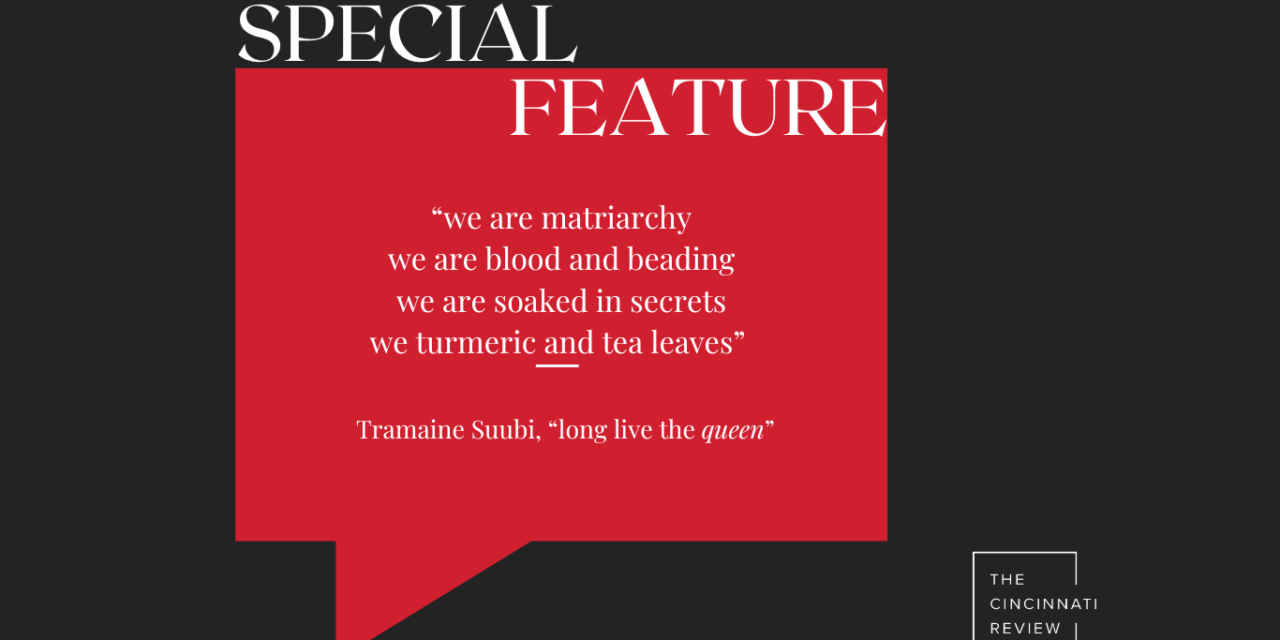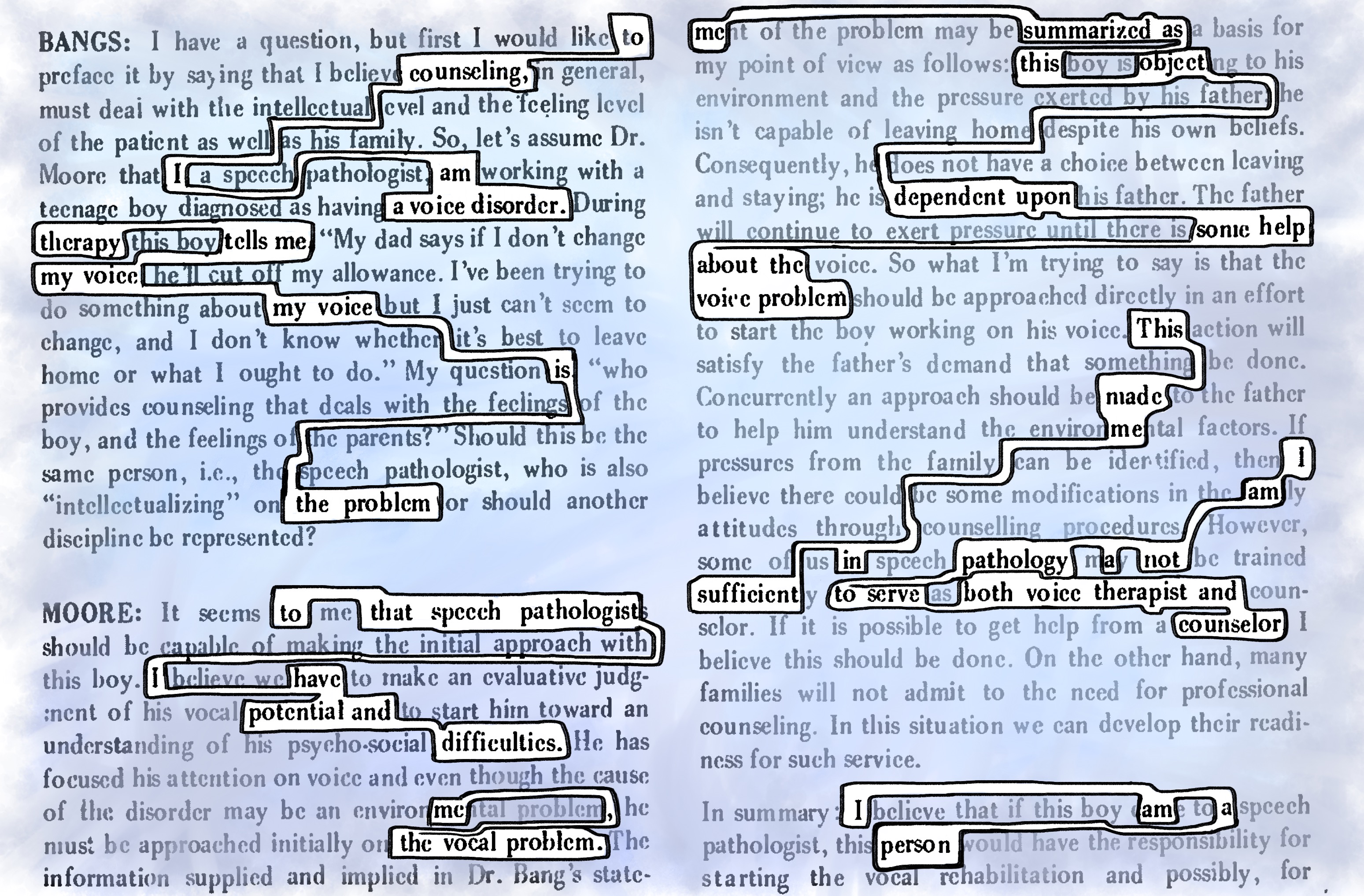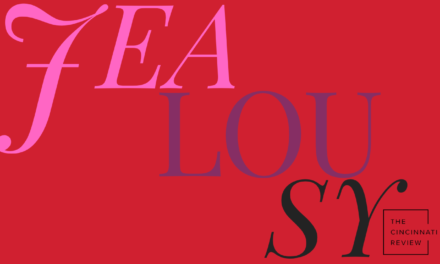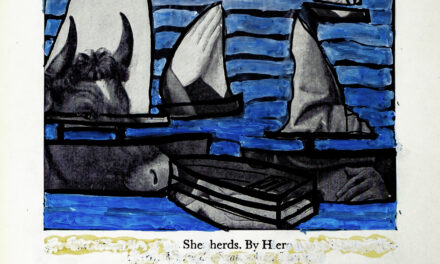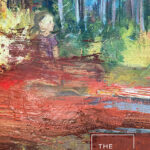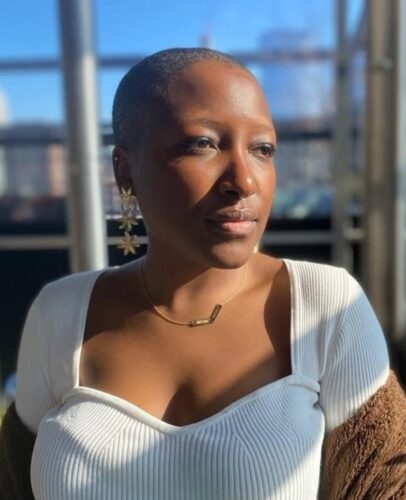
Managing Editor Lisa Ampleman: When Poetry Editor-in-Residence Erica Dawson accepted Tramaine Suubi’s work for our spring issue and we realized that her book would be debuting before that, we decided we wanted to publish “long live the queen” here as a special feature. As an early reader of Suubi’s submission to The Cincinnati Review, I admired this poem’s span, how it traverses nearly two millennia of African queens, in stanzas that overlap in a way that makes the shifts seamless, the lineage unbroken. The interlinkage of images and sounds (“alto and agony,” “spitfire and sand dunes”) and the strength of spirit of this one make it regal too.
Writer’s statement
I write about bodies and water, and occasionally bodies of water. This poem sprouted during a trip, while I was reading Another Black Girl Miracle by the late, great Tonya Ingram. She was a self-described “poet, lupus warrior, mental health advocate, friend.” She died too soon, and I wrote this poem while she still walked this Earth. I was mulling over legacy and inheritance when I fleshed out this poem. I took my time with it and eventually focused on the forgotten queens of my brilliantly dark continent. Most of them ruled without kings, and their stories are compelling to me.
As with many odes, I inevitably wove my loved ones into this poem—particularly my foremothers. Fingerprints of other women I love are peppered throughout this poem. In considerations of the spectrum of womanhood and femininity, Black Africans are usually an afterthought, if that. I was raised with the escapist fantasy of princesses, and I am even related to two living East African princesses. When I reflect on this poem today, six years later, I am far more wary and critical of royalty. Today, I personally believe in abolition of monarchy, but I will always revere these seven queens and learn from them. In the spirit of ubuntu, I am because they were.
long live the queen
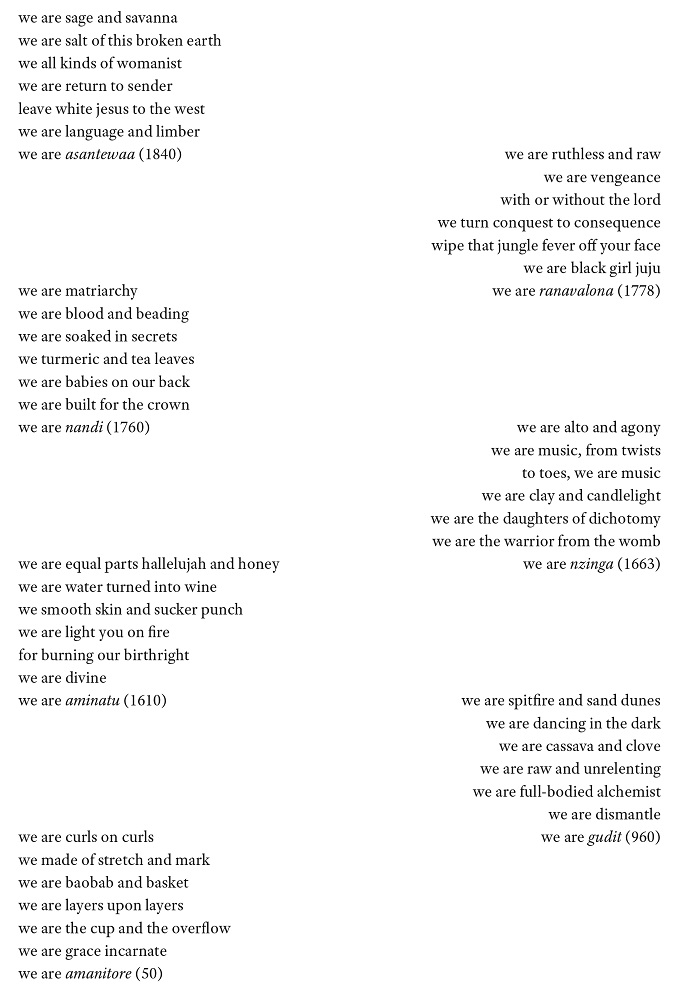
Text:
we are sage and savanna
we are salt of this broken earth
we all kinds of womanist
we are return to sender
leave white jesus to the west
we are language and limber
we are asantewaa (1840)
we are ruthless and raw
we are vengeance
with or without the lord
we turn conquest to consequence
wipe that jungle fever off your face
we are black girl juju
we are ranavalona (1778)
we are matriarchy
we are blood and beading
we are soaked in secrets
we turmeric and tea leaves
we are babies on our back
we are built for the crown
we are nandi (1760)
we are alto and agony
we are music, from twists
to toes, we are music
we are clay and candlelight
we are the daughters of dichotomy
we are the warrior from the womb
we are nzinga (1663)
we are equal parts hallelujah and honey
we are water turned into wine
we smooth skin and sucker punch
we are light you on fire
for burning our birthright
we are divine
we are aminatu (1610)
we are spitfire and sand dunes
we are dancing in the dark
we are cassava and clove
we are raw and unrelenting
we are full-bodied alchemist
we are dismantle
we are gudit (960)
we are curls on curls
we made of stretch and mark
we are baobab and basket
we are layers upon layers
we are the cup and the overflow
we are grace incarnate
we are amanitore (50)
Tramaine Suubi is a multilingual writer who was born and raised in Kampala. Tramaine is a graduate of the Iowa Writers’ Workshop, and is publishing two full-length poetry collections with Amistad, an imprint of HarperCollins, including Phases, due out next month.

